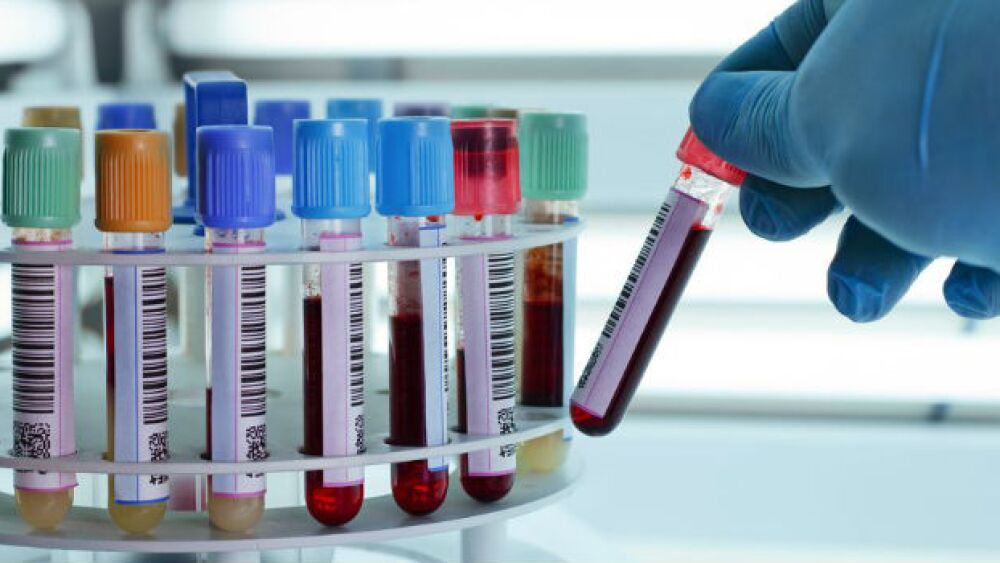Gilead Sciences essentially created a cure for hepatitis C and may be well on its way to developing a cure for HIV-AIDS.
Since its first emergence in the early 1980s, HIV has gone from a terminal and untreatable disease to one that can be managed more like a chronic illness. But so far a “cure” has eluded scientists. But Gilead Sciences, Inc., one of the leaders in HIV drug development, and the company which essentially created a cure for hepatitis C, may be well on its way to developing a cure for HIV.
Gilead’s HIV franchise brought in more than $14 billion in revenue last year. It recently announced preclinical trial results in monkeys where a two-drug combination appeared to actually cure the animals of the disease. One of the drug, GS-9620, is in an early-stage clinical trial and a related drug to the other in the combo, GS-9722, is now beginning human testing.
GS-9620 forces latent HIV from the virus’s immune cell reservoir. At that point, PGT121 then attaches to the virus and clears it from the blood. Although a long way from approval, and probably a long way from actual proof that it would work in humans, it’s promising. Most advanced HIV therapeutics, typically a cocktail of two or three different drugs, are able to knock back the virus and control the disease. But the virus hides in pockets in the immune system, and if the patient stops taking the drugs, or is immuno-compromised or stressed, the virus can make a resurgence.
Josh Bloom, writing for the American Council on Science and Health, says, “Even if things go perfectly we are still (at best) years from a cure, but the synergistic effect of these two drugs provides ‘proof of concept,’ a critically important milestone in drug development. Meanwhile, Gilead isn’t sitting still. The company discovered GS-9722, a different antibody that may be superior to PGT121, which is now in Phase I trials, as is the GS-9620-PGT121 combination.”
The irony, of course, is that curing a disease helps people and humans in both the short-term and long-term, but only helps companies in the short-term. In the long-term, it could put them out of business.
And again, Gilead—probably in no immediate danger of going out of business—is the case study for this. Gilead’s drugs for hepatitis C are so effective that they’ve basically cured the disease. Keith Speights, with The Motley Fool, writes, “When Gilead first launched its first HCV drug, Sovaldi, sales skyrocketed. In 2014, Sovaldi’s first full year on the market, the drug raked in over $10 billion. Over the next three years, Sovaldi and subsequent HCV drugs generated revenue totaling more than $43 billion. However, Gilead’s HCV revenue peaked in 2015. By 2017, the biotech’s total sales for four HCV drugs had dwindled to less than half the peak amount and even below the amount Sovaldi made by itself in its first year.”
If Gilead were to actually come up with a drug combination that cures HIV, it would potentially devastate the company far more than the HCV scenario. Why? Because Gilead’s HCV sales were new—they weren’t competing with existing treatments. If the company developed a cure for HIV, it would eat into—and probably eventually eliminate—its existing HIV franchise.
And last years, Gilead’s HIV franchise raked in more than $14 billion.
But it’s not like Gilead’s HCV sales have disappeared. They’ve gotten smaller. And the company is bolstering its marketing campaign for people who may have hepatitis C but be unaware of it, a considerable market. It’s also branching out into other areas, such as immuno-oncology, when it acquired Kite Pharma.
And the same could be said for any HIV cure. Unless the virus is completely eradicated from the world, there will likely be a need for treatments. But that might not be the best thing for a company used to such high sales figures.
Speights writes, “But the cold, hard truth is that developing a cure for HIV could be detrimental to Gilead over the long run. That could be the case even if Gilead prices such a cure at an extremely high price. Of course, it’s still too early to know if Gilead’s combo will be safe and effective in humans. Hopefully, it will be. Even if not, I think Gilead will develop a cure for HIV sooner or later, and it’s likely to pay a heavy price for doing so.”





